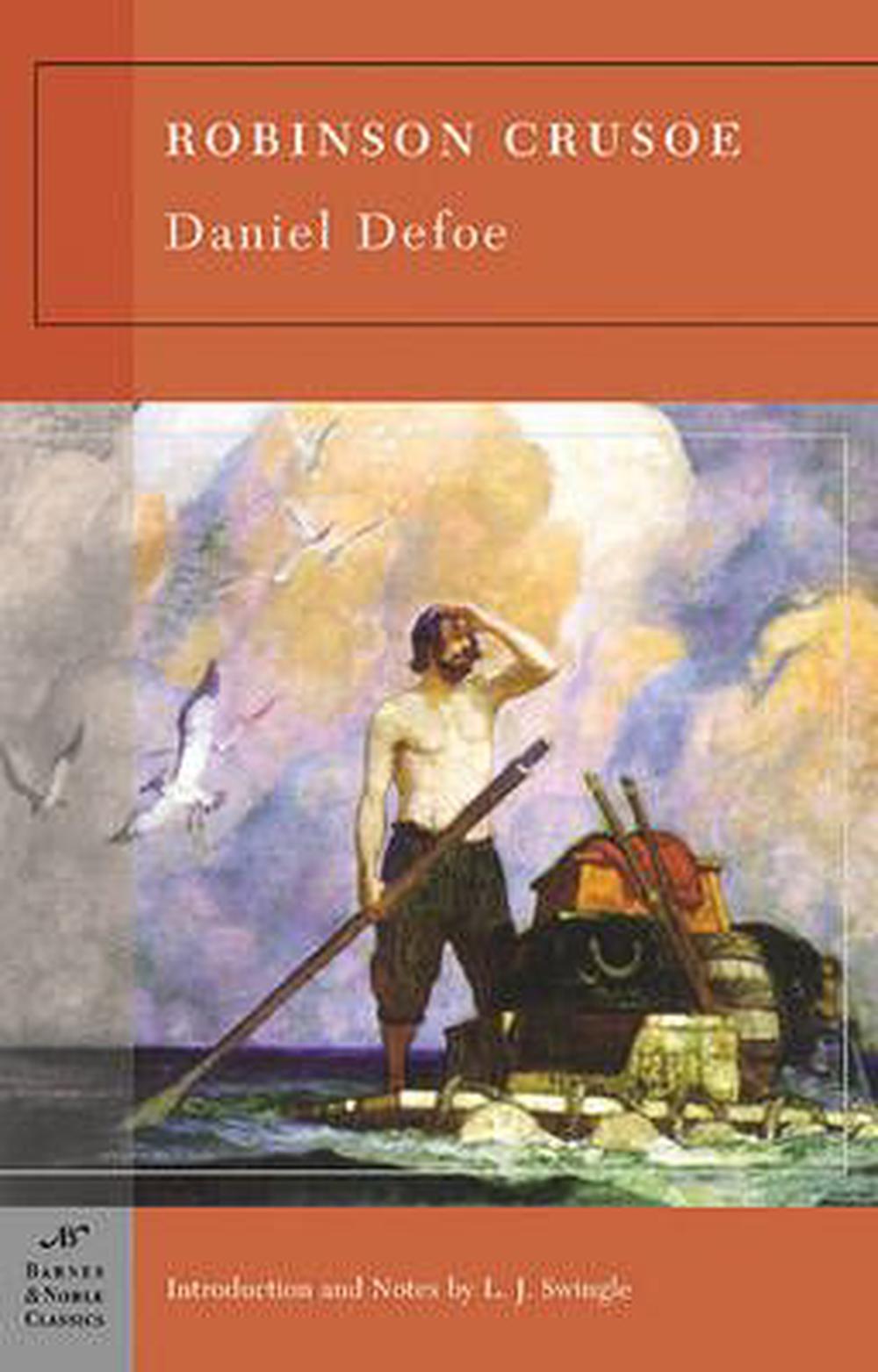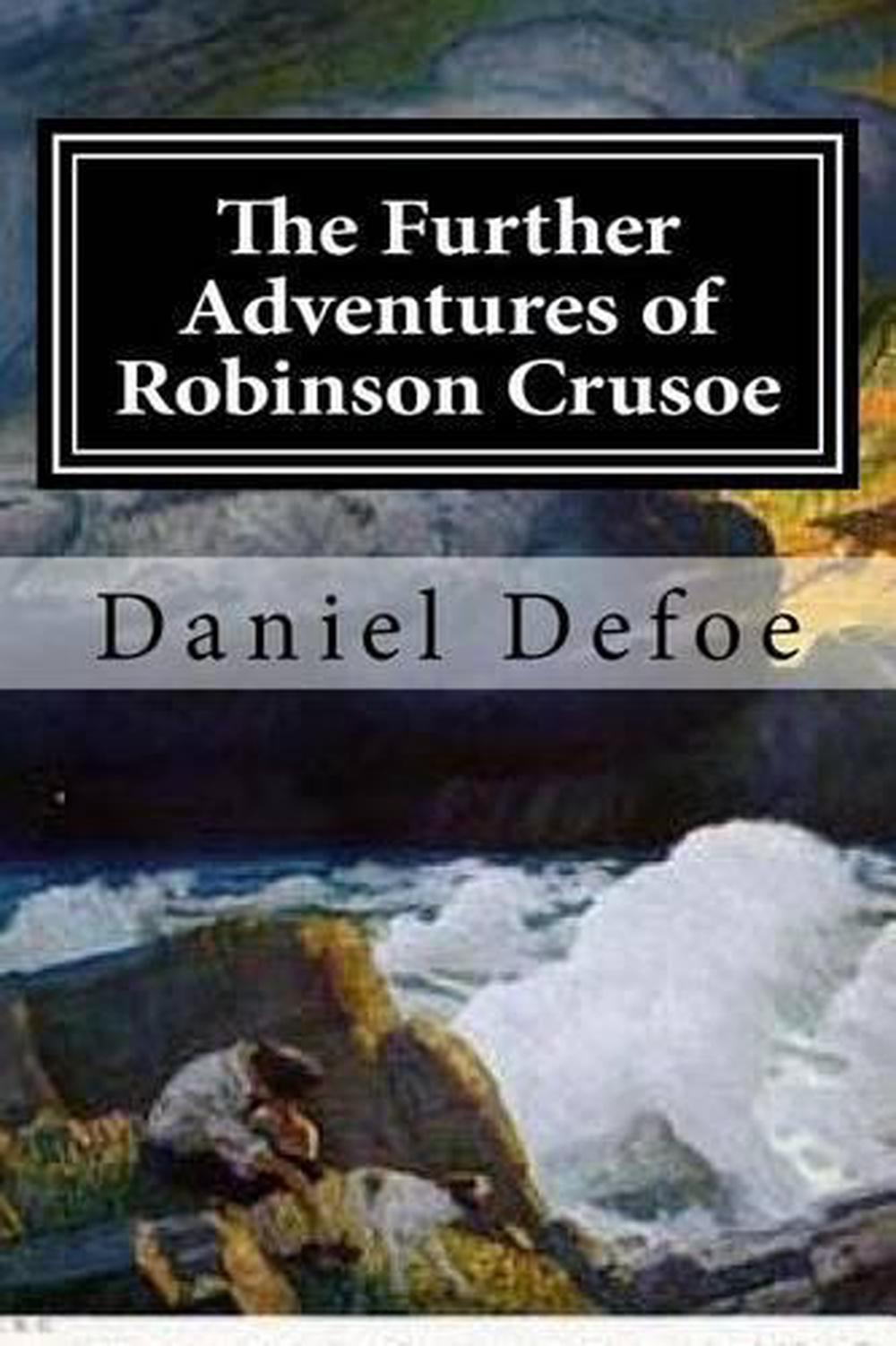

This was exemplified in me, at this time, in the most lively manner imaginable for I, whose only affliction was that I seemed banished from human society, that I was alone, circumscribed by the boundless ocean, cut off from mankind, and condemned to what I call silent life that I was as one whom Heaven thought not worthy to be numbered among the living, or to appear among the rest of His creatures that to have seen one of my own species would have seemed to me a raising me from death to life, and the greatest blessing that Heaven itself, next to the supreme blessing of salvation, could bestow I say, that I should now tremble at the very apprehensions of seeing a man, and was ready to sink into the ground at but the shadow or silent appearance of a man having set his foot in the island.The Farther Adventures of Robinson Crusoe (now more commonly rendered as The Further Adventures of Robinson Crusoe) is a novel by Daniel Defoe, first published in 1719.


How strange a chequer-work of Providence is the life of man! and by what secret different springs are the affections hurried about, as different circumstances present! To-day we love what to-morrow we hate to-day we seek what to-morrow we shun to-day we desire what to-morrow we fear, nay, even tremble at the apprehensions of. But in spite of any of these faults, Defoe presents Robinson as the novel's intrepid hero, who draws on reserves of ingenuity and bravery to survive incredibly against the whims of nature and fate. His self-reliance can also shade into narcissism, reflected in his narration's focus on himself and disregard for others: most of the other characters in the novel don't even get a name. While he values the loyal friends he finds over the course of his journeys (repaying and rewarding the captain's widow and the Portuguese captain, for example), he sells Xury into a kind of slavery or indentured servitude and treats Friday as an inferior servant. Robinson's extreme individualism is at times heroic, but also leads him to disregard others. Trapped on his island, he learns to survive all alone and also ends up becoming a devout Christian, repenting for his past sins and gaining a newfound confidence in God and his divine plan of providence. He is at times overly ambitious and is unable to remain content with a comfortable life (whether in England or Brazil). He continually discounts the good advice and warnings of his parents and others, and boldly seeks to make his own life by going to sea. He is individualistic, self-reliant, and adventurous. Robinson is the protagonist and the narrator of the novel.


 0 kommentar(er)
0 kommentar(er)
